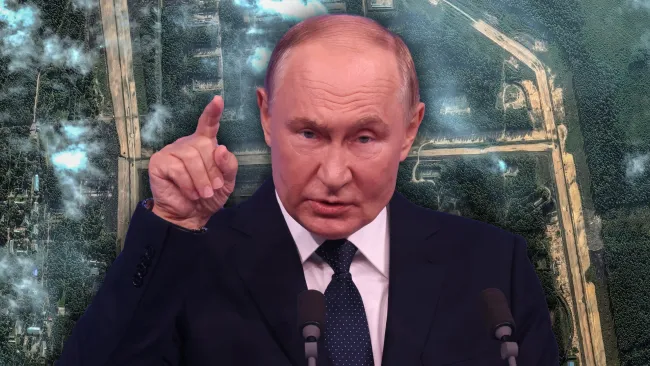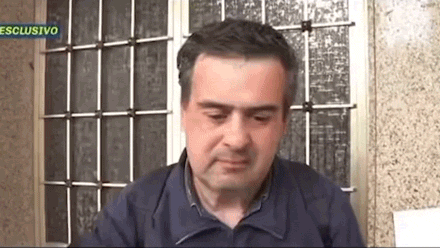A new study found that human-caused climate change doubled the likelihood and intensified the heavy rains that led to the recent deadly floods in Europe.
Earlier this month, central Europe—including the countries of Romania, Poland, the Czech Republic, Austria, Hungary, Slovakia and Germany—was hit by Storm Boris. Torrential rain led to floods that killed 24 people and left significant damage to the region's infrastructure.
The rainfall, which lasted four days, was "by far" the heaviest ever recorded in central Europe and twice as likely to have been caused by global warming linked to the burning of coal, oil and natural gas, World Weather Attribution said on Wednesday.
The World Weather Attribution is a group of scientists that run rapid climate attribution studies. The group was created in 2015, largely because of frustration that it took so long to determine whether climate change was the cause of specific extreme weather events.
"Yet again, these floods highlight the devastating results of fossil fuel-driven warming," Joyce Kimutai, the study's lead author and a climate researcher at Imperial College, London, told The Associated Press.
The study—which hasn't been peer-reviewed but follows scientifically accepted techniques—analyzed the four-day rainfall events and focused on severely impacted countries. The researchers studied weather data and used climate models to see how likely rainfall events that severe would be in preindustrial times (without the current 2.3 degrees Fahrenheit of global warming)
"In any climate, you would expect to occasionally see records broken," Friederike Otto, an Imperial College, London, climate scientist who coordinates the study team, told the AP.
However, Otto pointed out, "to see records being broken by such large margins, that is really the fingerprint of climate change. And that is only something that we see in a warming world."
The Polish-Czech border region and Austria were some of the most severely impacted areas, especially in urban sections along major rivers. According to the study, the death toll from these recent floods was considerably lower than during the 1997 and 2002 floods in the region. However, infrastructure and emergency management systems were still overwhelmed in many instances.
Last Thursday, European Union chief Ursula von der Leyen pledged billions of euros in aid for Central European countries. She visited a flood-damaged area in southeastern Poland and met with the leaders of Poland, Austria, the Czech Republic and Slovakia.
Von der Leyen said money from the EU's solidarity fund will be quickly available to repair infrastructure damaged by the flooding, and 10 billion euros ($11 billion) from the cohesion fund will be used for the most urgent repairs.
"Here we say it's 100 percent European money, no co-financing," von der Leyen said at a news conference. "These are extraordinary times, and extraordinary times need extraordinary measures."
The World Weather Attribution also warned of the dangers of an even warmer world. According to the group's study, if global warming were to reach 3.6 degrees Fahrenheit since preindustrial times, the likelihood of devastating four-day storms would rise by 50 percent compared to current levels.
Mid-September's storm was caused by a Vb depression that forms when cold polar air flows from the north over the Alps—one of the highest mountain ranges in Europe that stretches across Monaco, France, Switzerland, Italy, Liechtenstein, Germany, Austria and Slovenia—and meets warm air from Southern Europe. The study found no observable change in the number of similar Vb depressions since the 1950s.
This article includes reporting from The Associated Press.
Disclaimer: The copyright of this article belongs to the original author. Reposting this article is solely for the purpose of information dissemination and does not constitute any investment advice. If there is any infringement, please contact us immediately. We will make corrections or deletions as necessary. Thank you.




